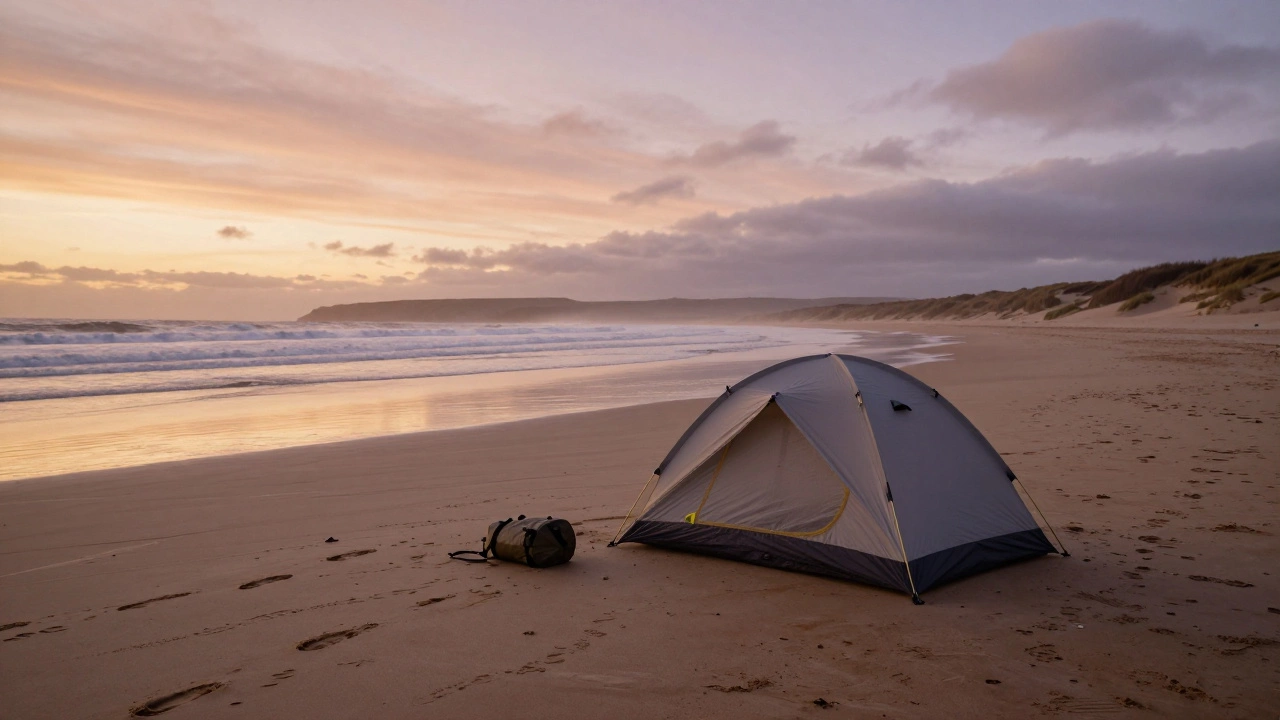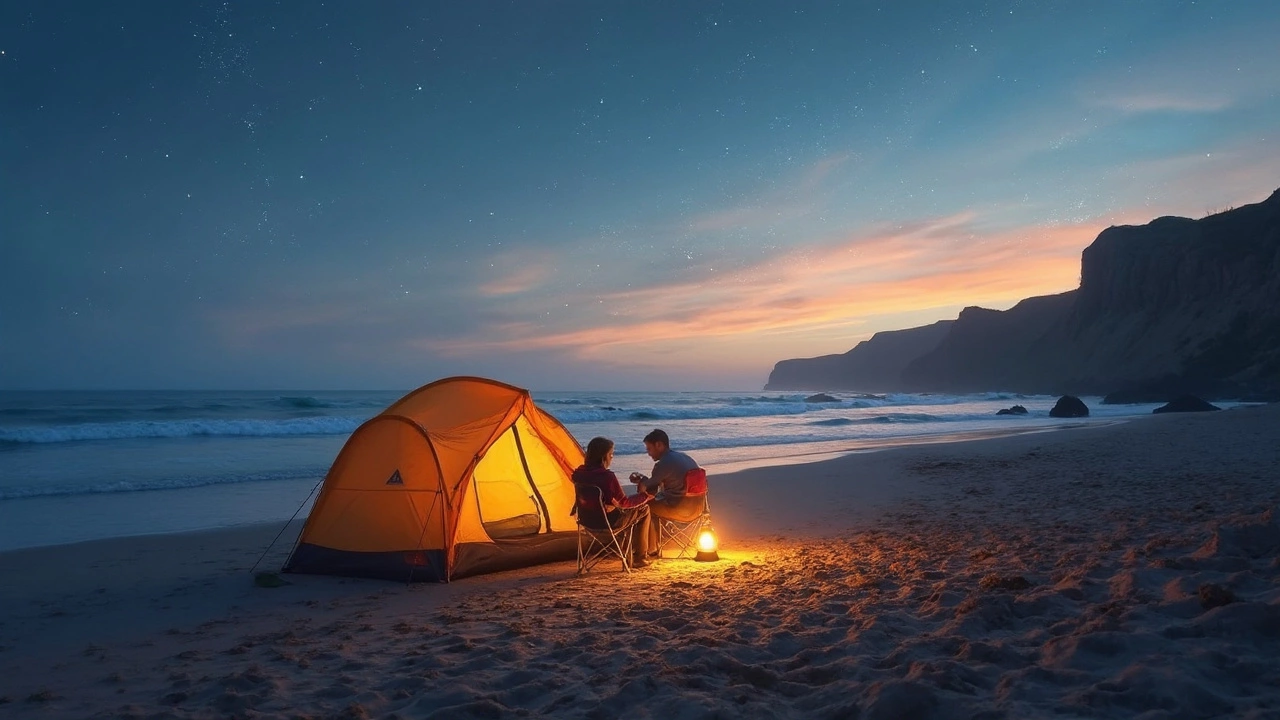Beach Camping UK – Where to Pitch, What to Pack, and How to Stay Legal
If you love the sound of waves and the feeling of sand under your feet, beach camping in the UK is a must‑try. It’s cheap, it’s close to nature, and it gives you a front‑row seat to sunrise and sunset. The trick is knowing which beaches let you stay overnight, what gear works best, and how to avoid a fine.
Finding the Best UK Beach Campsites
Not every stretch of coastline welcomes campers. Start by checking local council websites or the Visit England guide for official “campsites” and “wild camping” advice. Popular legal spots include:
- Eastbourne Beach – a managed site with basic facilities and a short walk to the sea.
- Perranporth, Cornwall – a large sandy bay that allows a limited number of pitches each night.
- Northumberland Coast – several designated bays where you can set up a small tent or pop‑up camper.
For a more rugged experience, look for “permissive” areas where landowners have given informal permission. These are often marked by a simple sign or a note online from fellow campers. Remember to arrive early in the season; the best spots fill up fast.
Staying Safe and Legal on the Coast
UK law allows wild camping on most unenclosed land, but beaches are a gray area because they’re often owned by local authorities. The safest approach is:
- Camp no more than one night in the same spot.
- Keep your tent low, avoid lighting big campfires, and leave no trace.
- Stay away from protected wildlife zones, especially during nesting season.
- Bring a portable toilet or use a shovel to dig a cath‑hole at least 20cm deep, then cover it.
Weather on the coast changes quickly. A lightweight rainfly, a warm sleeping bag rated for 5°C, and a sturdy groundsheet will keep you dry and comfortable. Protect your gear from sand by using zip‑lock bags and store food in airtight containers to stop seagulls from getting curious.
If you’re travelling in a motorhome or campervan, look for “overnight parking” signs in nearby towns. Many supermarkets and service stations allow a few hours of free parking, and some coastal towns have designated RV bays that charge a small fee. Always ask the manager if you’re unsure.
Finally, respect the locals. A friendly “good morning” can go a long way if you need to ask about a quiet spot or a place to empty your waste water. Most people love sharing their favourite hidden bays, and they’ll appreciate you keeping the area clean.
With the right planning, beach camping in the UK can be an unforgettable part of your road‑trip adventure. Pack light, follow the rules, and you’ll wake up to waves crashing right outside your tent – a memory worth every sand‑covered step.
-
 VIEW POST
VIEW POSTCan You Sleep in a Tent on the Beach in the UK? Here’s What You Need to Know
Jan, 8 2026|0 CommentsCan you sleep in a tent on the beach in the UK? The answer varies by region. Scotland allows it with responsibility; England and Wales mostly don’t. Learn where it’s legal, what the fines are, and safer alternatives. -
 VIEW POST
VIEW POSTCan You Sleep in a Tent on the Beach in the UK?
Mar, 7 2025|0 CommentsThinking of pitching a tent on a beach in the UK for a night under the stars? While it sounds magical, there are a few things to consider regarding legality, weather conditions, and safety. This guide will explore the ins and outs of beach camping, including legal restrictions, gear tips, and recommended spots. Get ready to plan a seaside getaway that's both memorable and compliant with local rules.